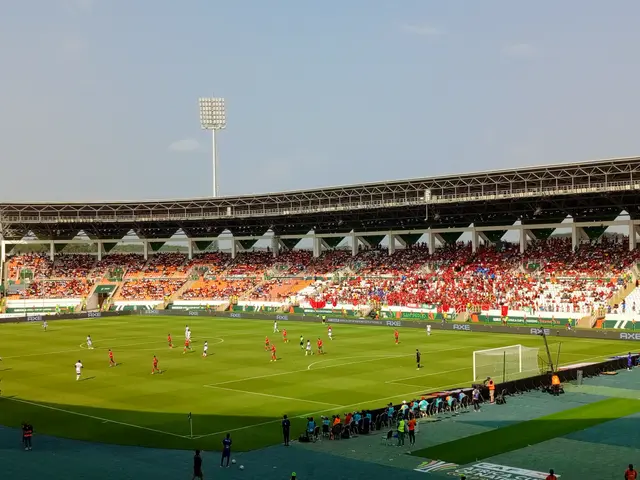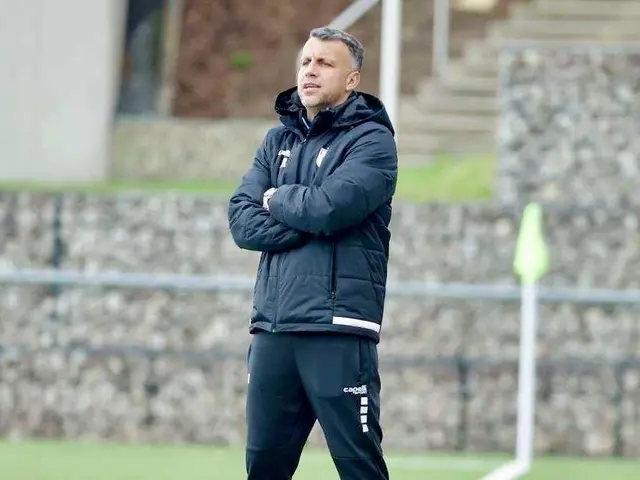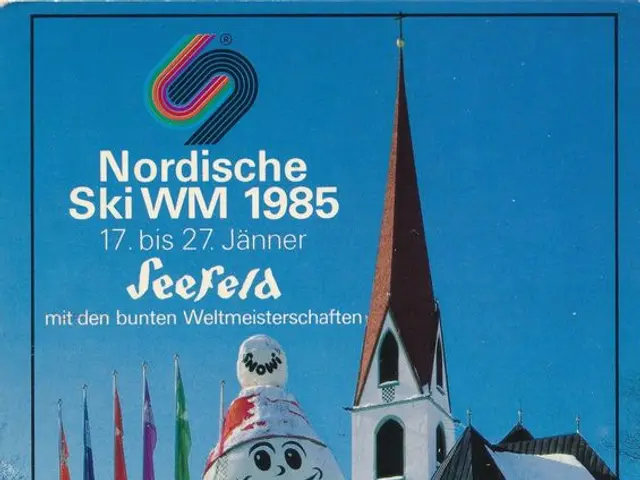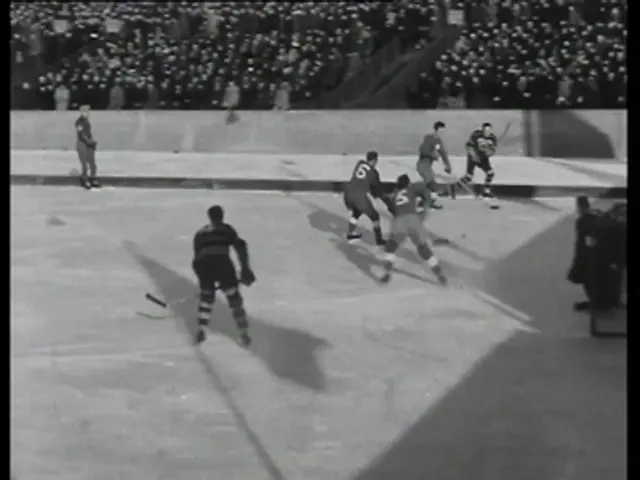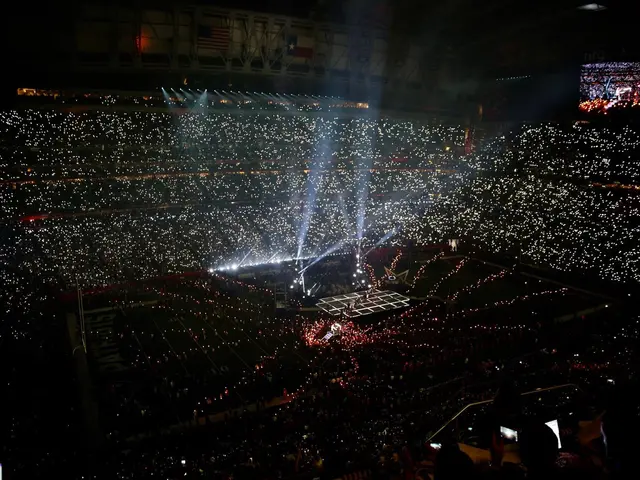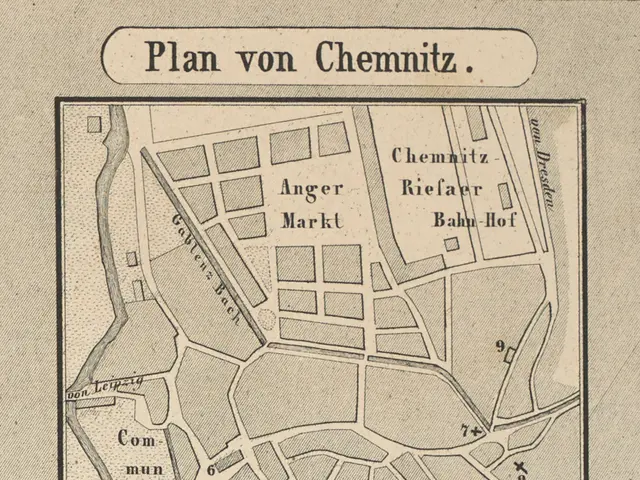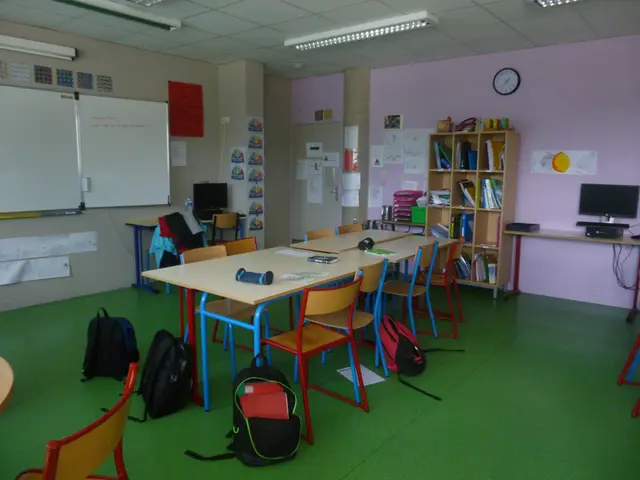Cardinals Overlooking Sunk Cost Fallacy in Their Decisions
The St. Louis Cardinals Sink Under the Weight of Overpriced Contracts
The once-proud Cardinals found themselves in the depths of a loss, their record sinking below .500 for the first time in the tumultuous year of 2025. A weekend sweep at the hands of the Boston Red Sox only served to highlight their troubles, with each game more dismal than the last.
On a stormy Friday evening, the Cardinals suffered a 13-9 loss, thanks to a dismal performance from Erick Fedde and the bullpen's inability to hold a lead. The first game of their doubleheader on Sunday saw the bullpen falter once again, with Ryan Helsley and Ryan Fernandez crumbling under the pressure of the big stage.
But the Sunday Night Baseball game brought to light one of the Cardinals' most glaring issues - the sunk cost fallacy that has left them trapped in bad decisions for far too long.
Miles Mikolas and the Cardinals' Sorrowful Embrace of the Sunk Cost Fallacy
We all knew it was inevitable - Miles Mikolas would be in the Cardinals' rotation for the 2025 season, no matter how frustrating it may have been. The team's unwillingness to let go of a poor contract stood out like a sore thumb.
Whether you call it a reset or a transition year, the development of young talents like Michael McGreevy, Quinn Mathews, Andre Pallante, Matthew Liberatore, and others becomes even more crucial than ever. The Cardinals are determined to win, but as we all know, Miles Mikolas is not increasing their chances of savoring victory.
The team awarded Mikolas with a perplexing extension during the spring of 2023. The Cardinals could have let him test the waters of the final year of his contract before making this questionable commitment. Since that fateful day, Mikolas has proven to be one of the least effective starting pitchers in the league, outside of innings, of course.
With an abysmal 11.25 ERA in just eight innings across his first two starts of 2025, Mikolas' performance only compounded the Cardinals' frustration. His latest disaster of a start on national television left him with a 5.17 ERA in 69 outings since the 2023 season began. Comparing him to his contemporaries over the same time frame isn't pretty.
Mikolas ranks terribly in key pitching metrics such as K%, HR/9, BAA, WHIP, FIP, and, of course, ERA. There's no excuse for a pitcher like Mikolas to continue to occupy a spot in a major league rotation when younger alternatives are eager to seize the opportunity.
The Cards' Decision-Making Process and Its Consequences
The Cardinals will argue that they need veteran arms to cover innings throughout the year, but they could just as easily rely on the talents of Sonny Gray, Erick Fedde, and Steven Matz. The depth of the young pitchers like Pallante, McGreevy, Liberatore, Mathews, Gordon Graceffo, Roddery Munoz, Sem Robberse, Tekoah Roby, and Zack Thompson in the 40-man roster alone gives them plenty of alternatives.
A situation like this calls for some brutal honesty: If Mikolas continues to crumble under pressure like he has in recent seasons, the young guns won't fare much worse. And if the Cardinals do find themselves starting their ninth or tenth options for extended periods, it's safe to say the year would have been a struggle regardless.
A Troubled Tradition of Sticking with Bad Contracts
This isn't the first time the Cardinals have clung to bad contracts as though they were heirlooms to be passed down through generations. Mark Twain once famously said, "History doesn't repeat itself, but it often rhymes." In the case of the Cardinals, it seems to rhyme with a dismal tune.
Under the leadership of John Mozeliak, players like Dexter Fowler, Matt Carpenter, and Paul DeJong have all received extended runs, despite underperforming consistently. The fanbase grew disillusioned with each of these players, blaming them for the struggles, when in reality, it was the organization that continued to make poor decisions.
The Tale of Matt Carpenter: A Tragic Example
As the prime example, let us examine the fate of Matt Carpenter. Fresh off a top 10 finish in the National League MVP voting in 2019, the Cardinals handed him a two-year, $39 million extension. While his performance had been exceptional for the previous eight seasons, the move appeared aggressive at best.
Carpenter suffered a significant decline in 2019, posting an embarrassing .226/.334/.392 slash line in 129 games. His struggles continued over the next few seasons, resulting in a pitiful 86 wRC+ and .671 OPS. By the end of his tenure with the Cardinals, fans had grown bitter and resentful towards him, jeering and ridiculing him at every chance they had.
It's a cold硬 reality that the players become the scapegoats for the organization's mistakes. Teams like the Cardinals need to learn when to cut their losses and move on, rather than fostering toxic relationships with underperforming players.
As frustrating as it may be, the Cardinals are unlikely to part ways with Miles Mikolas anytime soon. It's heartbreaking that fans have to endure this ordeal again. Hopefully, they'll come to their senses and make the tough but necessary decisions for the betterment of the team.
Despite the dismal performances of Miles Mikolas, the St. Louis Cardinals continue to cling to his contract, missing opportunities to develop younger pitchers like Michael McGreevy and Quinn Mathews. This overvaluation of a veteran arm reflects a long-standing tradition of the Cardinals holding onto underperforming players, such as Matt Carpenter, who faced fan backlash while the organization continued to stand by him. The MLB season of 2025 finds the Cardinals struggling, with the sunk cost fallacy contributing to their inability to field a competitive roster.

